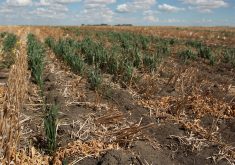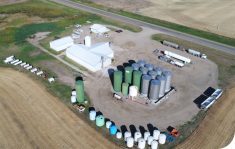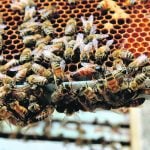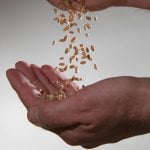CALGARY – Ordinary crops can often have extraordinary uses.
Laundry detergent made from oilseeds, processed meat additives from mustard seeds or peas spun into pasta were just some of the ideas shared at a two-day special crops conference held here last week.
“Food processors, pharmaceutical companies, chemical, paper and plastics industries are desperately looking for raw materials that can be derived from agricultural products,” said Sandy Bibby, president of UFL Foods.
His company “deheats” mustard seeds to remove the chemical that gives mustard its kick. Then the ground-up mustard is used as a spice in processed meats.
Read Also
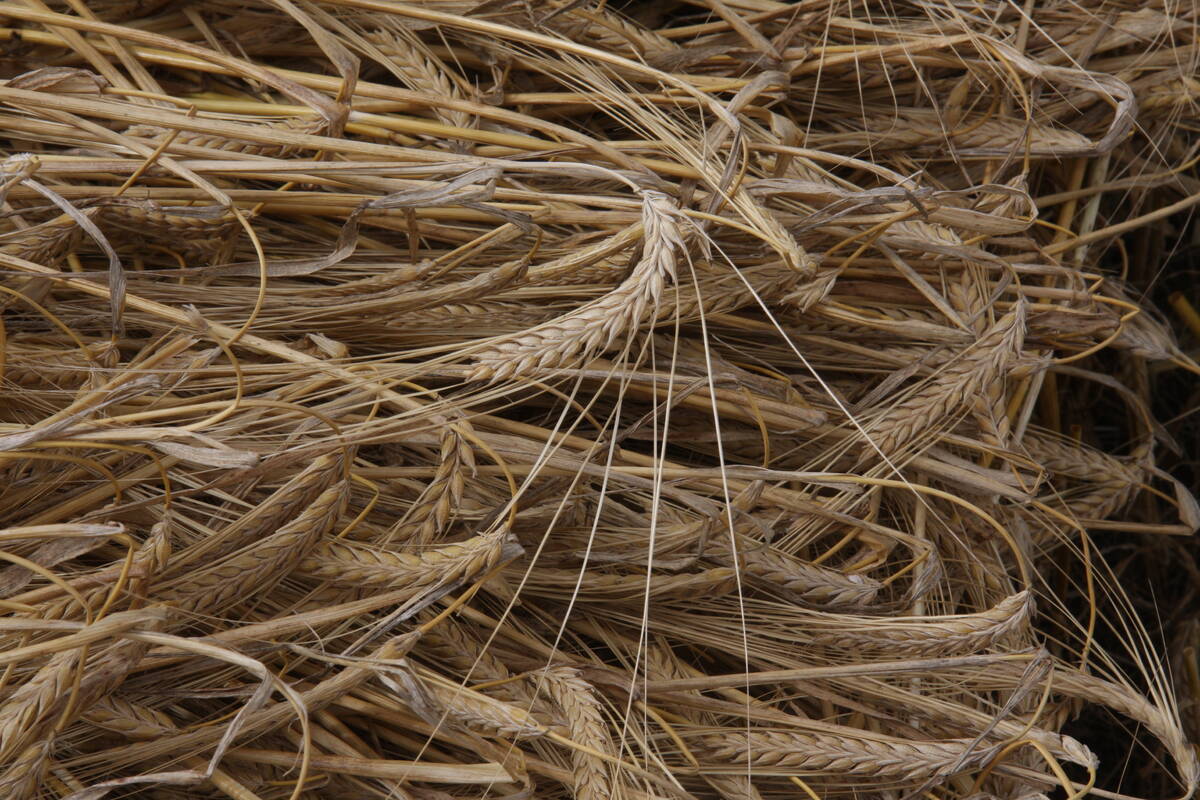
Feedgrain prices expected to plummet
A massive U.S. corn crop is keeping a lid on Canadian feed barley prices.
Saskatoon’s Martin Reaney, an Agriculture Canada researcher, showed a myriad of non-food uses for off-grade or green canola. These include lubricants, fuels, solvents and soaps.
He estimated five to 10 percent of oilseeds grown each year are unacceptable for food. Low grade canola and flax, as well as waste products from oil crushers, could be diverted into industrial applications.
At the Leduc food processing development centre operated by Alberta Agriculture, numerous whole foods and extracts are being investigated to target health conscious consumers who want to avoid fat and cholesterol.
Project manager Susan Lutz used pulses as one example of special crops that can fill this niche. Researchers extract elements from dry peas and beans to create new foods.
Pulses contain only two percent fat, are rich in protein, have no cholesterol and carry insoluble and soluble fibre levels of 10 to 34 percent.
Soluble fibre helps lower blood serum cholesterol and bulky insoluble fibres aid the prevention of colon cancer. Pulses also contain enzymes which can help control weight and are used in diabetic diet programs, said Lutz.
By extracting only the desired elements from foods, it’s possible to make pasta products for people with wheat and gluten intolerances. Pea protein can be added to ice cream. And in geriatric centres, vegetables can be used as meat substitutes in prepared dishes like lasagne because they add fibre while maintaining the protein elderly patients require.







